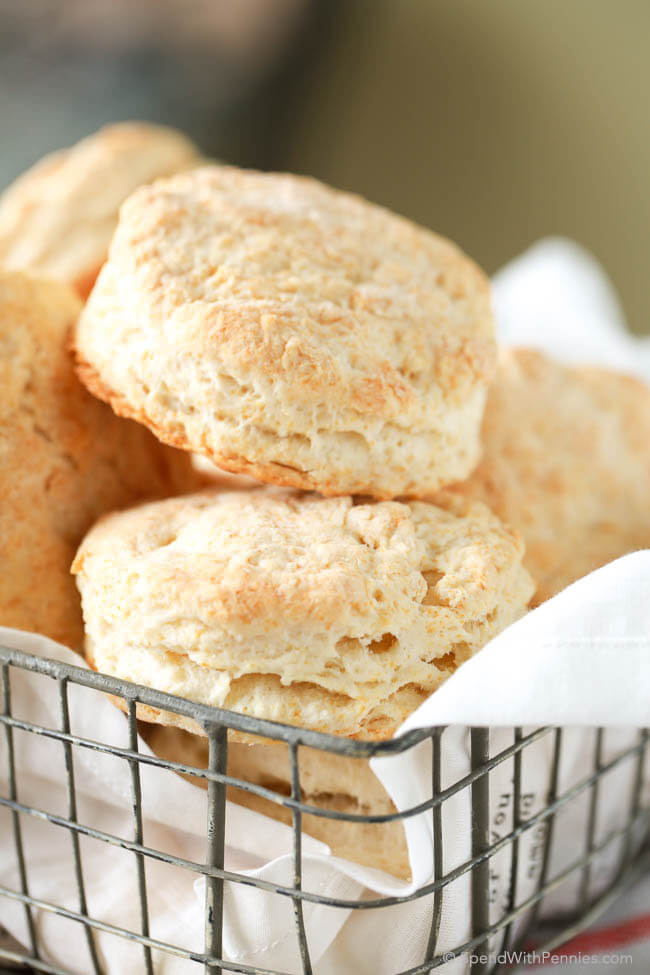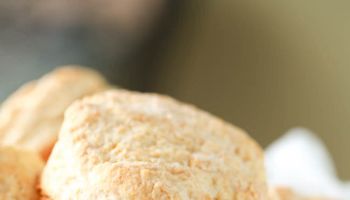
Source: spendwithpennies.com / http://www.spendwithpennies.com
You can’t go to any store or restaurant without seeing the words gluten-free. Suddenly it was this big fad, but is it for the right reason?
Gluten-free does not mean healthy, much like plant-based/vegan does not mean healthy. There is also a difference between gluten-free and grain free, and for Holly Haze it is a choice. She explains, “I was vegetarian for about a decade and while studying for my health certification I started a wellness plan created by my doctor to improve my health. It was completely grain-free. I learned that the gluten and grains were causing great amounts of inflammation in my body and for me, it was a life-changer to eliminate it. I do not have Celiac disease; therefore, I CAN treat myself to cake and cupcakes…and I do, but it is not often.”
In order to understand more about the digestion of gluten, you have to understand the exactly what is happening with the small intestine. Holly explains, “The small intestine has little finger-like fibers called villi that aid in absorption of nutrients. Someone with Celiac disease is lacking these villi therefore cannot tolerate wheat, barley, or rye without great intestinal pain and damage to the small intestine.” The gluten is hard for the body to digest. Holly adds, “Think back to cavemen days..sure we always had access to grains from the land, but we didn’t have ovens to make breads and pasta dishes. Once the grains are baked with other ingredients, it isn’t a seed anymore. The gluten forms a glue-like sludge in our intestines which is what causes some inflammation and discomfort for many people, Celiac or not.”
For some reason, even people that don’t have Celiac disease have jumped on the gluten-free bandwagon. Much of this craze happened with certain fad diets. Atkins, South Beach and Keto plans all avoid complex carbs and sugar. Breads, pastries and pastas have copious amounts of carbs and sugars, and oftentimes sodium.
Herein lies the problem. People who have chosen to be gluten-free often eat exactly the same diet as they are accustomed to, just substituting gluten-free products for the gluten-containing processed and junk foods they used to eat. Some of the gluten-free options taste so good that many people would not even know they are gluten-free if the label didn’t say so. Conversely, gluten-free products often contain more sugar and salt and are lower in fiber than products that contain gluten. In other words, they are just gluten-free junk foods. Holly chimes in, “This is okay if the products are consumed only on holidays and special occasions, but that’s not the way they are consumed by many – they are often part of the daily menu. When moderation goes out the window, that is where all ‘diets’ fail.”
Plant-eaters often make the same mistake, eating the health food store version of their former poor diet. They avoid animal foods, but eat copious amounts of highly processed vegan foods. In all of these cases, the diets are expensive, and not much health improvement or weight loss generally results. Holly adds, “Eating healthy does not have to be expensive. I did a blog about this exact topic a couple of months ago, you can look it up on here under my name!”
Remember, gluten-free does not mean healthy. Make sure you are doing it for the right reasons. Most people eating a plant-based or gluten-free diet would be better off investing their money and time learning how to adopt an optimal dietary pattern that works for them.















